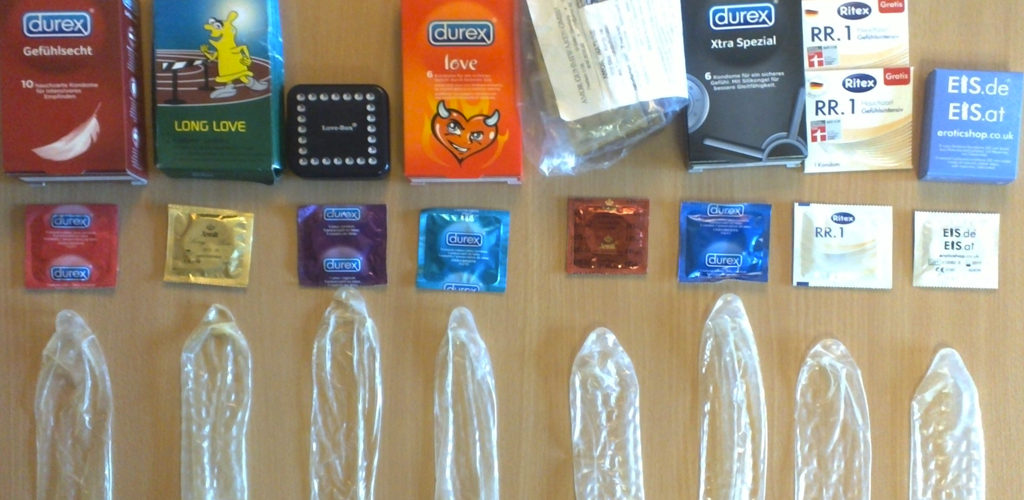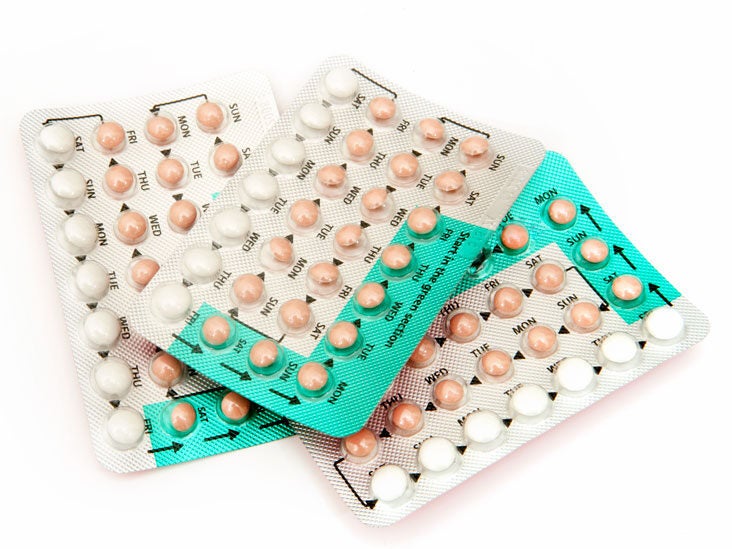Today, in created nations, we have awesome admittance to contraception and very great (despite the fact that it may not seem like it on occasion) instruction about it. Normally we have the important, essential information and a decent determination of accessible arrangements.
Each sort of contraception, notwithstanding, has its upsides and downsides, every one of us is likewise directed by different reasons while picking a strategy for safeguarding yourself against undesirable pregnancy. Being sexy while wearing kaftan just doesn’t help if you don’t want to get preggo.
What ought to be taken into account assuming that we stretch out the determinants to worry to ultimately benefit the planet and the craving to restrict the adverse consequence on its condition? Follows this through with something like eco-accommodating contraception exist by any means?
Latex – (not so much) eco-friendly contraception
Condoms are as yet the most frequently picked strategy for contraception among individuals who at times have intercourse or don’t have any desire to take chemicals. Very much made and capably utilized besides the fact that they safeguard against pregnancy, yet additionally physically communicated illnesses. They’re most frequently made of plastic, like clear bottle, for example, the material got from elastic (even though they can be made with engineered plastic, supposed polyisoprene).
This is in the same place as the principal issue emerges – elastic development an immediate reason for the deforestation of enormous parcels of tropical woodlands in Asia. Like all monocultural crops, elastic development has various results, like loss of biodiversity, soil disintegration, aggravations in carbon sequestration, and water the executives. On the off chance that you’re now purchasing plastic condoms, it merits checking to assume the material they’re made of comes from an economical source.
Something else we really want to focus on on account of condoms is their removal. Above all else – by no means would it be a good idea for us we flush them in the latrine. Sewage treatment plants will undoubtedly isolate them from the water, which will ultimately wind up in normal supplies, however, setbacks do occur. Tragically, condoms on the banks of streams, oceans, and seas are not in the least an interesting sight. Also, condoms can stop up the sewage framework – here the results aren’t lovely by the same token.
Condoms – biodegradable or not?
Despite the fact that plastic itself isn’t poisonous to oceanic organic entities, the admixtures of engineered materials in condoms are. Corruption of inappropriately arranged condoms might prompt the development of nanoparticles of materials in light of engineered polymers.

Such nano plastics (which are a more modest likeness microplastics) can be confounded by little life forms with food and further spread in the climate. Indeed, normal plastic is biodegradable, however, condoms comprise of settling and mellowing added substances too. They drag out the cycle by a few dozen years. Ww2 fighters didn’t have time to think about this.
Both regular and engineered plastic (not just those in condoms) can be harmlessly separated utilizing microscopic organisms, growths, and compounds, however, to make it potential we would need to rethink our waste administration framework. Biotechnology has assets for this – however, individuals are in no rush to make requesting strides.
The circumstance is a lot more awful on account of non-plastic condoms made of nitrile or polyurethane. These are plastics, not biodegradable and non-recyclable (which is an issue with condoms by and large, as they are biohazard). Polyurethane is essentially slender, adaptable plastic. Its rot items aren’t naturally nonpartisan. These sorts of condoms are consequently not actually eco-accommodating contraception.
It is actually quite important that there is another kind of condom, this time 100 percent biodegradable. Notwithstanding, they are neither current nor empowering – they are made of sheep digestive tract. They don’t safeguard against venereal infections by the same token. For this situation, we can likely tell them an unequivocal: no.
Oral hormonal contraception and intersex fish
In Europe, where admittance to present-day contraception is just about a norm, most ladies announce the utilization of oral hormonal specialists. To be sure, pills are agreeable (the same length as we make sure to take them) and exceptionally viable. Tragically, this additionally isn’t an altogether eco-accommodating contraception technique.
Manufactured reciprocals of chemicals (estrogen and progesterone), in huge amounts and unaltered, are discharged from the female body in pee (notwithstanding normally discharged chemicals). We’re speaking chiefly about engineered estrogen. Indeed, even limited quantities of it in water can upset the working of the endocrine framework in fish.

These are not assumptions but rather the realities affirmed experimentally – engineered chemicals, along with different mixtures that impede regenerative capacities, cause the feminization of male fish (for example insects). This thusly prompts various different problems in stream environments.
Albeit the offender is frequently family wastewater, it should be noticed that contraception isn’t the just and presumably not the main component causing fish intersexuality. These sorts of mixtures in enormous amounts get into land waters with sewage from modern ranches (chemicals are frequently taken care of by animals).
Other synthetic mixtures ordinarily utilized by people, whose natural gamble isn’t completely assessed, may likewise adversely affect the creatures’ endocrine framework. By the by, hormonal contraception, which we use in gigantic sums, essentially add to biological system issues. We should not disregard the “rubbish” in which contraception pills are bundled. Girls that wanted to sue their company because of their side effects called arizona civil rights attorney.
IUD’s – effective, less-waste contraception
Tragically, the two condoms and pills will add to the creation of a lot of non-recyclable trash. Chemical patches and hormonal circles will make a lot more modest issue in this regard. In any case, they likewise should be supplanted frequently. Luckily, there is one more successful technique for contraception that limits the issue of waste – intrauterine gadgets.
These little, plastic gadgets put in the uterus don’t need regular substitution – they can stay in the body and really forestall pregnancy for up to 3-10 years. Some of them step by step discharge modest quantities of chemicals (a lot more modest than on account of pills), however, these should be supplanted somewhat more frequently.

Copper IUDs (regularly with the expansion of silver) are substantially tougher and totally non-slowing down the endocrine framework. It’s not just a benefit that overflow measures of chemicals don’t wind up in sewage. The possible squander we produce while utilizing IUD is bundling and a few centimeter gadgets once like clockwork.
The most eco-friendly contraception – if you’re not afraid of unplanned pregnancy…
Also painless for the climate is the stomach, or the reusable vaginal cap. The main thing we really want to discard while utilizing it is spermicide bundling. In any case, this technique isn’t the best one, which we should remember. Daysy, a savvy gadget demonstrating ripe and “safe” days, has additionally as of late acquired fame as eco-accommodating contraception.
All that must be done is everyday temperature estimation. Then, at that point, it needs time to find out about the female cycle. Makers guarantee high proficiency – however it’s difficult to trust a wise thermometer in such a significant issue. This strategy ought to likewise be considered with a serious level of mindfulness.
Obviously, there are strategies that are totally normal and innocuous to the climate, like the alleged ‘schedule’ or ‘pull-out’, yet these techniques are not dependable. We suggest utilizing them provided that a potential blunder isn’t an issue for you. Then again, it appears to be that some technique for contraception is more biological than overpopulation. However, here, obviously, the decision is yours.
… or you don’t ever want kids
In the event that you most certainly don’t have any desire to have kids (any more or not whatsoever), you might need to think about vasectomy – for men – or sanitization – for ladies. Such microsurgical methodology successfully takes out the issue of undesirable pregnancy, waste, and chemicals. At times, the strategy can be switched, yet we don’t encourage you to depend on it. The choice of vasectomy or cleansing will be somewhat irreversible and you ought to be completely mindful of this.

